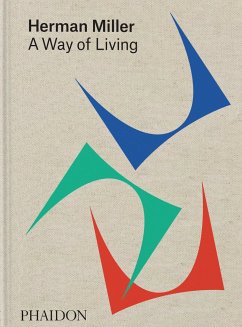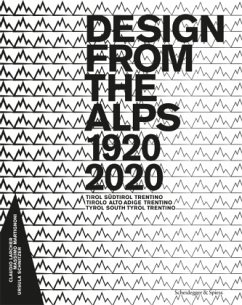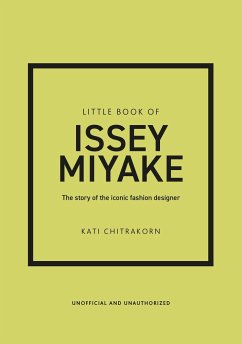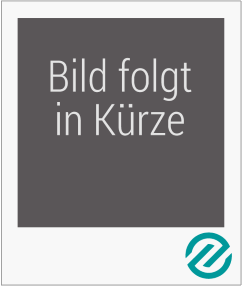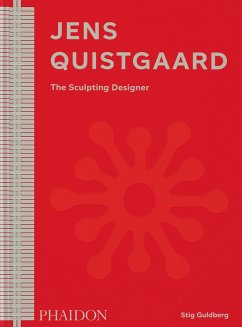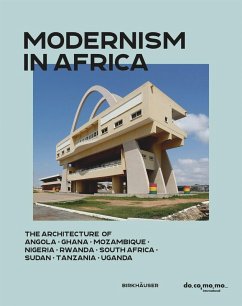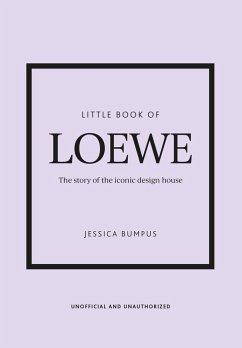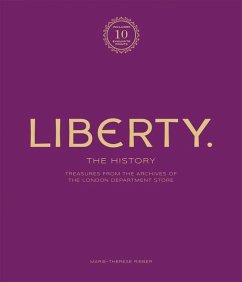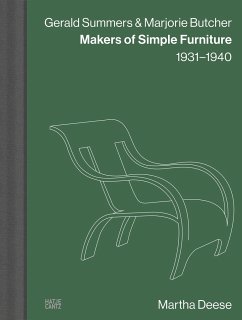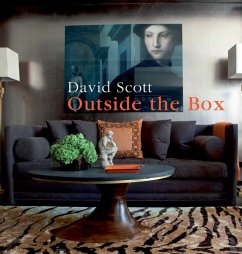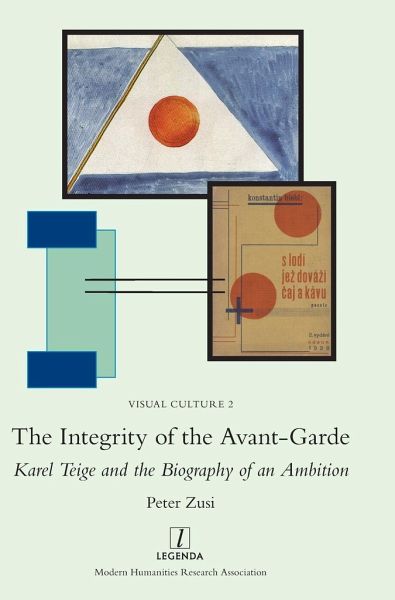
The Integrity of the Avant-Garde
Karel Teige and the Biography of an Ambition
Versandkostenfrei!
Versandfertig in 1-2 Wochen
100,99 €
inkl. MwSt.

PAYBACK Punkte
50 °P sammeln!
On what grounds do we speak of 'the avant-garde' in interwar European culture? Why do we understand the conflicts and quarrels among these diverse movements as expressing a shared attitude - the culture of the manifesto, the drive to reject, to explore, to renew - that trumps the conflicts and quarrels themselves? Why do the stern rationalism of a functionalist building and the irreverent irrationalism of a Dadaist performance seem heralds of a similar spirit?The Czech avant-garde theorist Karel Teige (1900-1951) regarded architecture and film as providing the key to formulating a unified theo...
On what grounds do we speak of 'the avant-garde' in interwar European culture? Why do we understand the conflicts and quarrels among these diverse movements as expressing a shared attitude - the culture of the manifesto, the drive to reject, to explore, to renew - that trumps the conflicts and quarrels themselves? Why do the stern rationalism of a functionalist building and the irreverent irrationalism of a Dadaist performance seem heralds of a similar spirit?The Czech avant-garde theorist Karel Teige (1900-1951) regarded architecture and film as providing the key to formulating a unified theory that would capture this 'integrity of the avant-garde'. Teige - whose thought has many points of contact with celebrated figures such as Georg Lukács and Walter Benjamin, and who was a close associate of Le Corbusier, André Breton, and Hannes Meyer - reveals how a vibrant 'alternative' avant-garde tradition can raise central questions for understanding European modernism more broadly.Peter Zusi is Associate Professor of Czech and Comparative Literature at the School of Slavonic and East European Studies, University College London.



